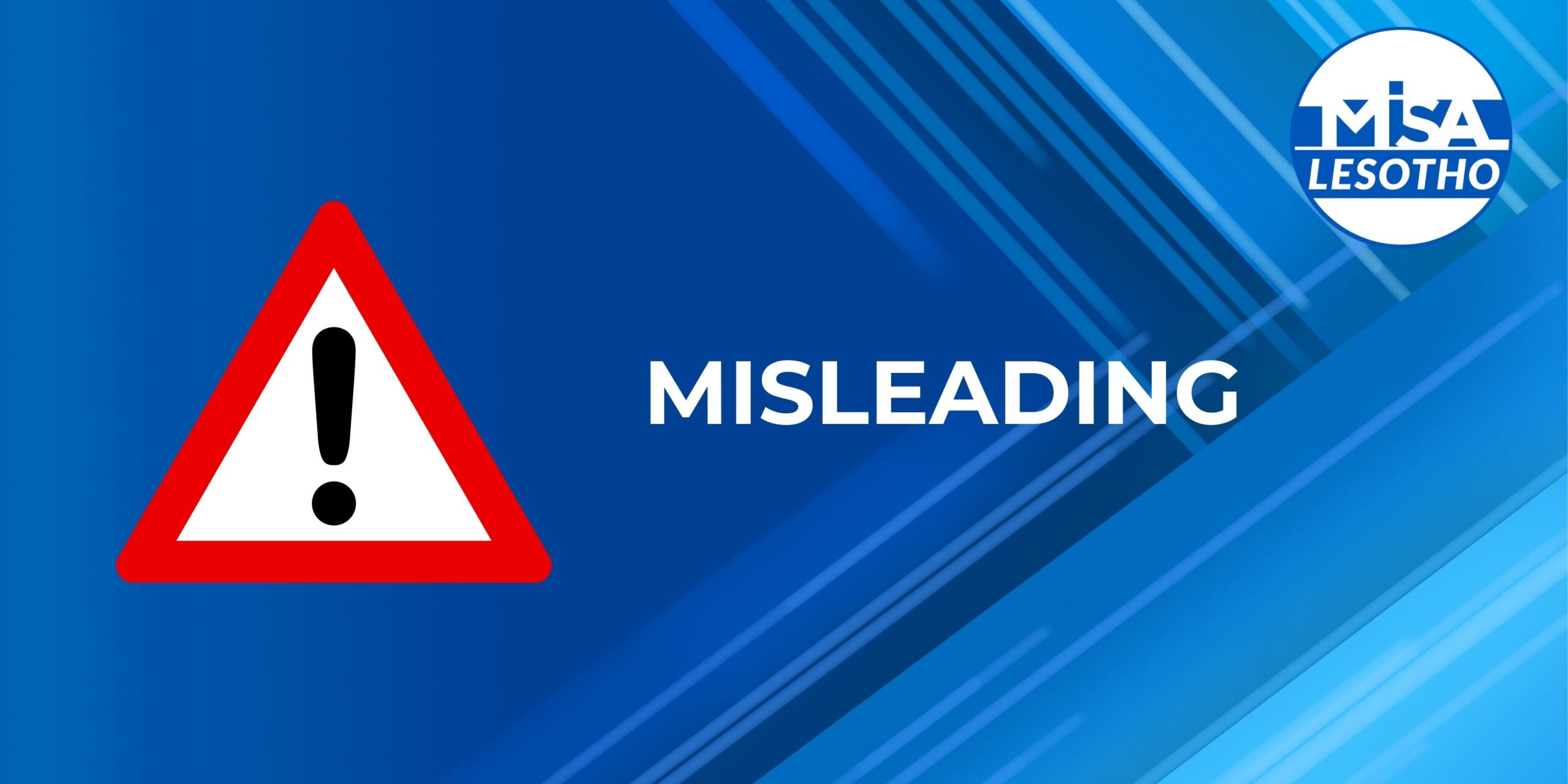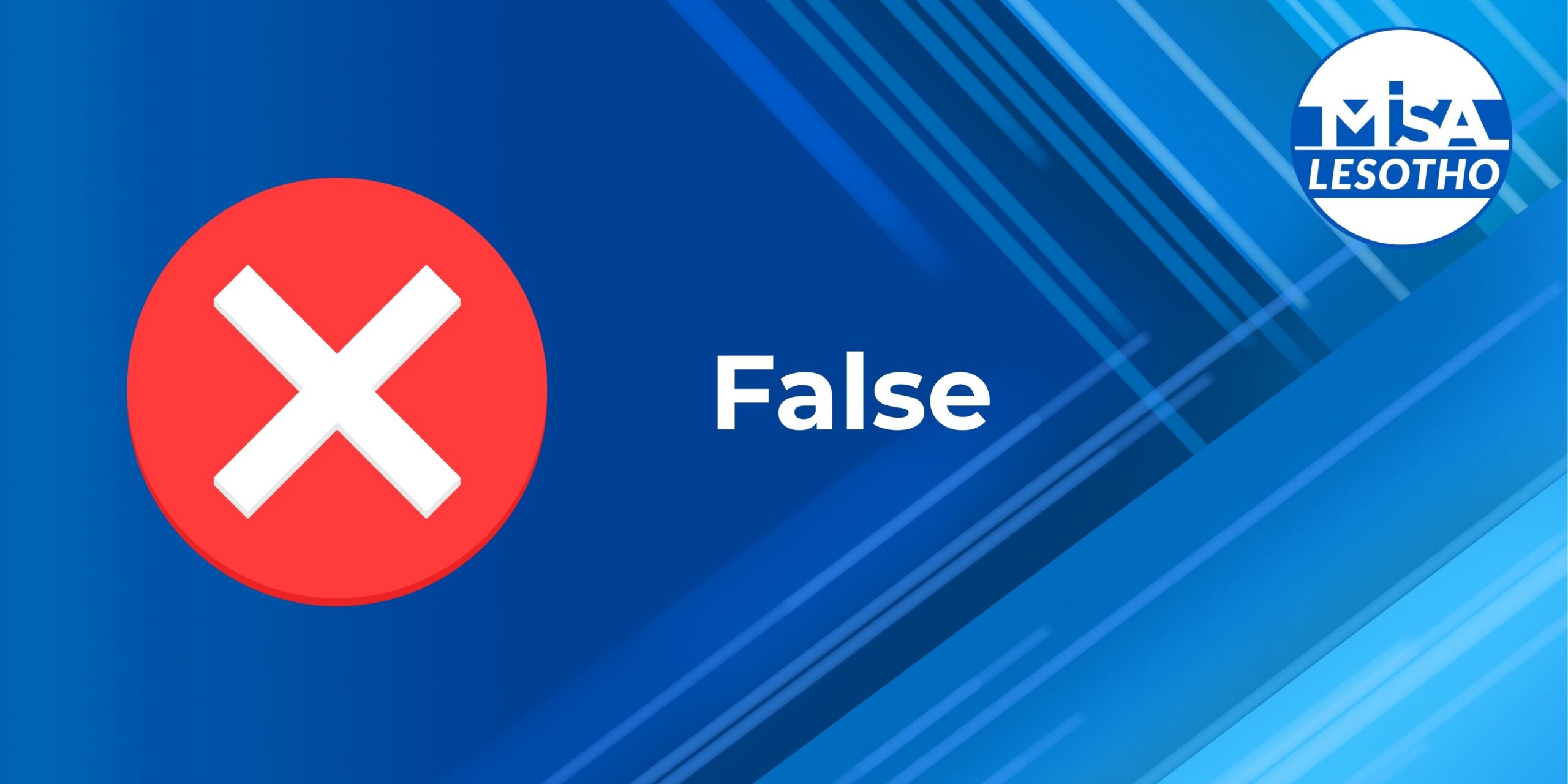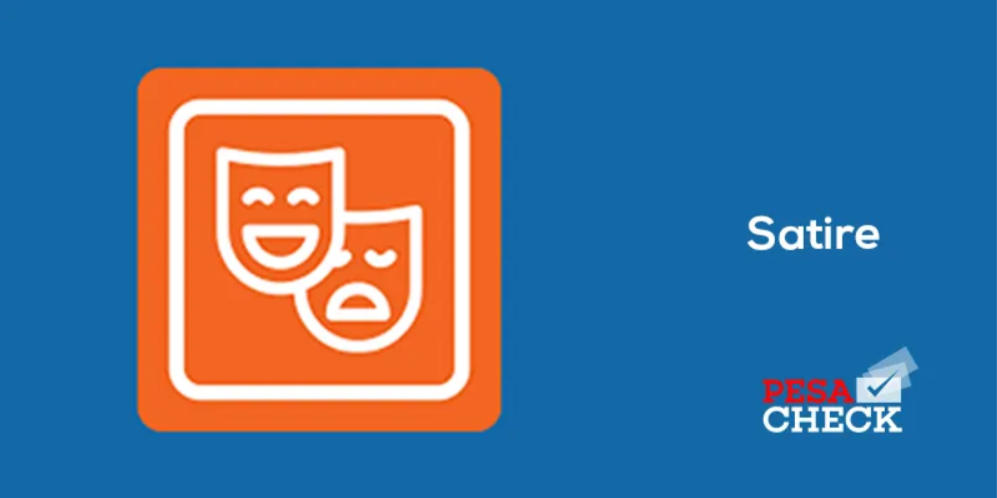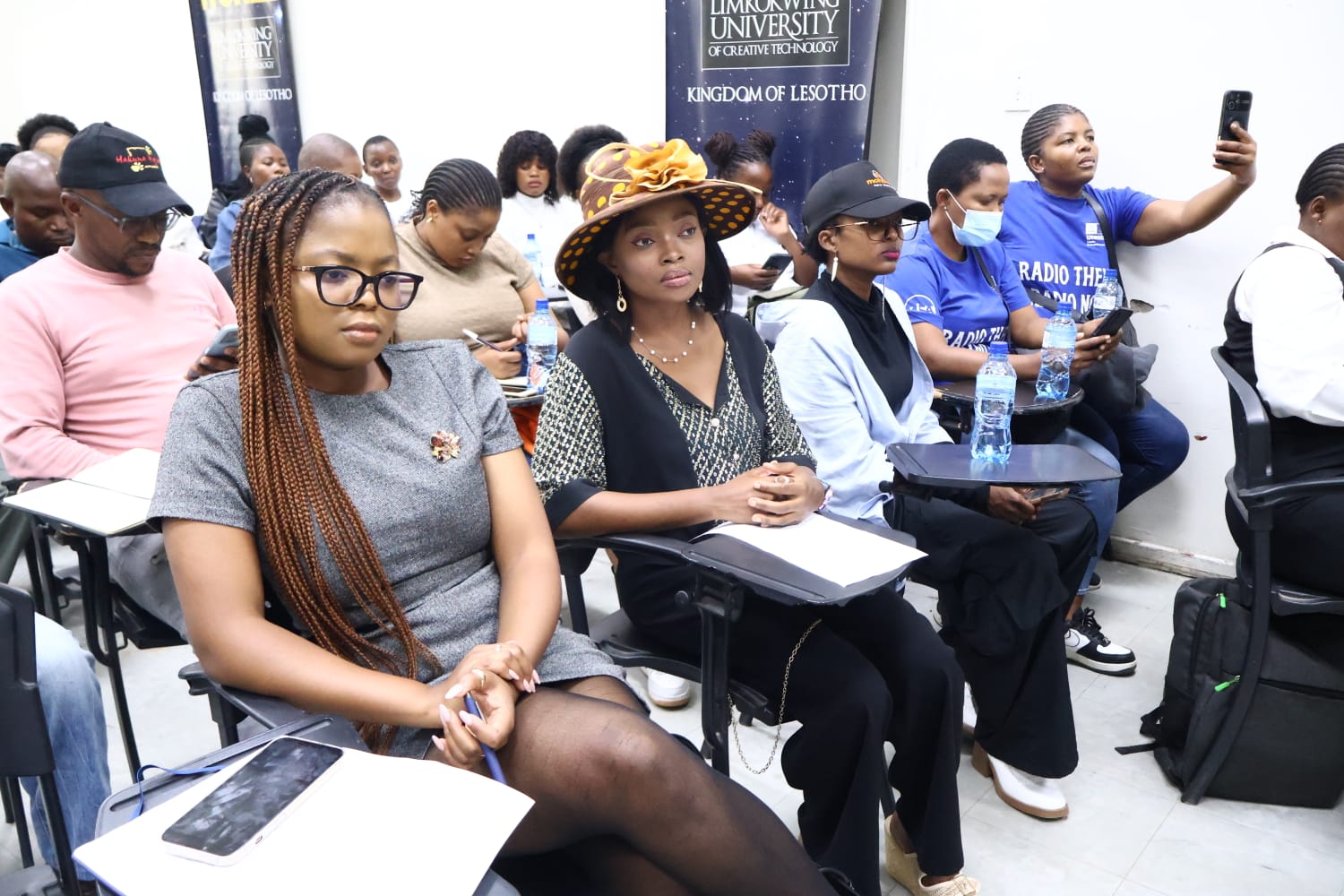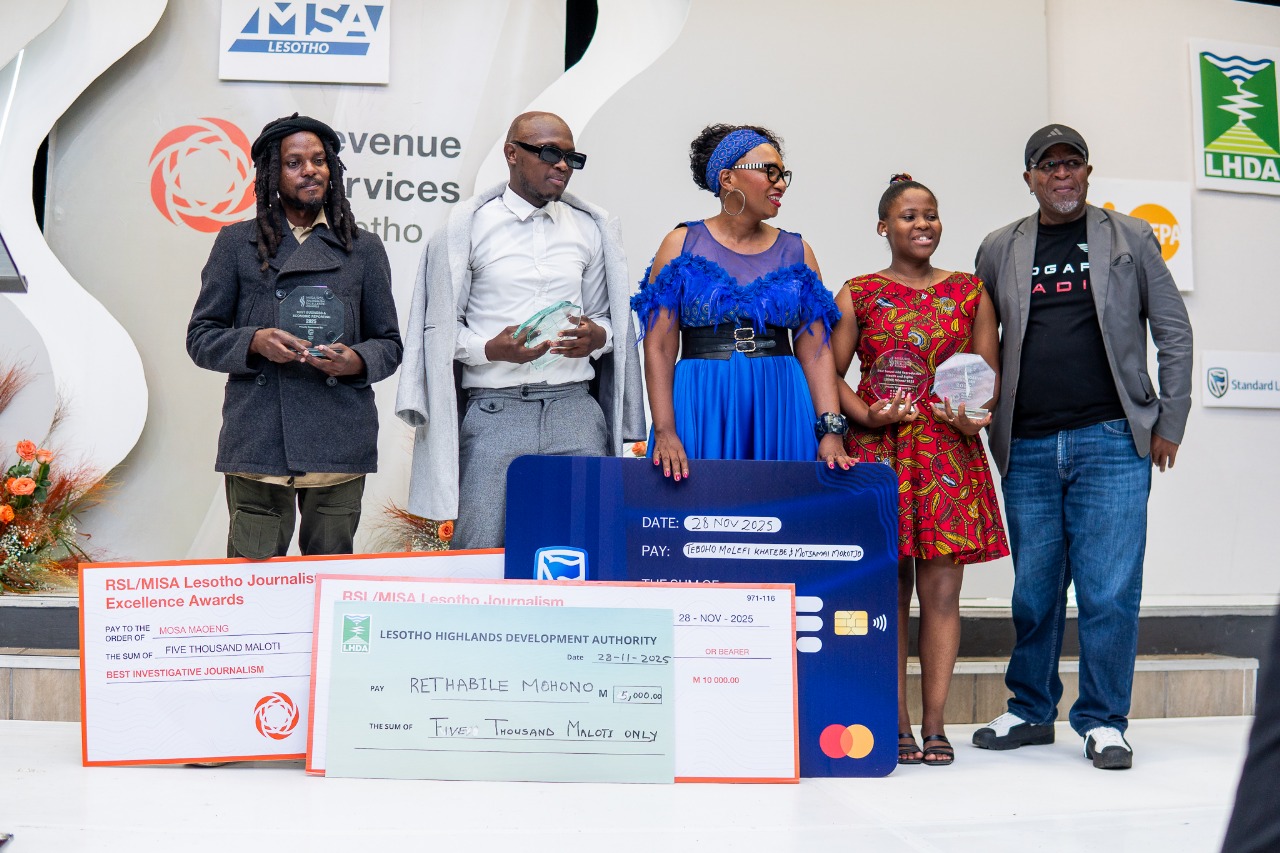The Media Institute of Southern Africa (MISA-Lesotho) https://lesotho.misa.org is aware of the move that has been taken by the communications regulator, the Lesotho Communications Authority (LCA) with regard to six radio stations, whose licenses were due to expire at midnight on 17 December 2024. MISA-Lesotho is awake to the fact that the regulator has taken a three-pronged action on the expired sound broadcasting licences of the six radio stations. It has come to our attention that the regulator has 1) renewed sound broadcasting licenses for Jesu Ke Karabo, KEL Media and Tabernacle FM.
We are further cognisant that the LCA has also 2) suspended licenses for two radio stations – 357 FM and Molisa ea Molemo FM. MISA-Lesotho is also conscious that the LCA has 3) revoked the sound broadcasting licenses for MXXX FM. According to a press release of 17th December, 2024 these actions have been informed by a variety of responses by the license holders on their interaction with the regulator as per demands for their compliance.
MISA-Lesotho has noted the reasons adduced by the LCA for the actions the regulator has taken against the mentioned radio stations. LCA has argued in its press statement that it has not been able to renew the three sound broadcasting licenses on three grounds. The LCA has put up strong argument that the trio have failed to meet regulatory obligations, top of which is their inability to pay license fees. The regulator states thus in the press release:
“In accordance with regulatory provisions, non-payment of applicable fees constitutes a regulatory infraction that may result in licence suspension or revocation.”
The LCA argues that in spite of repeated reminders that it has made to the radio stations in question, they have not been able to make payments. This has, as a consequence, resulted in their license renewal applications not being processed.
We are further conscious of the fact that for the two suspended sound broadcasting licenses – 357 FM and Molisa ea Molemo FM, the former has been given a three-month grace period within which to advance payment for the license fees. 357 had reportedly suffered a financial viability challenge, which plunged the radio station to this predicament. If it fails to pay the outstanding fees by 31st March, 2025, it risks facing the fate of its license being revoked.
Molisa ea Molemo on the other hand, made its payment late, on the deadline. This made it impossible for LCA to process its license renewal application. It follows therefore that the listeners of the radio station hold their breaths in anticipation of Molisa ea Molemo to be on air soonest. LCA has promised to review the renewal process from yesterday. MISA-Lesotho therefore kindly requests the LCA to speedily expedite the renewal process so that the loyal audience of the radio stations is not hurt.
We regret the action taken against MXXL FM, whose license was revoked, which resultantly ceased all its broadcasting as of yesterday, Tuesday, 17th December, 2024 at midnight. In addition to this predicament, the radio station’s transmission equipment was switched off yesterday, at midnight. We therefore encourage the internship of MXXL to remain hopeful that the radio station will recover from its financial doldrums and be able to be back on air.
In the same breadth, we hope that the two that have been slapped with a suspension of their licenses will be able to mobilise the required funds to be back on air. Their audiences should also hold their breadths for positive developments to happen.
We congratulate those whose licenses have been renewed and encourage them to be back with great vigor and a sense of responsibility to society that they are serving in the next 15 years. We encourage them to be vigilant and comply with their license obligations than they have done before.
MISA-Lesotho is prompted to respond to these development by its mandate, which is to promote the pluralism of the media sector, including the broadcasting media. Pluralism refers to the quantitative growth of the media in terms of the increasing number of newspapers, radio stations and television stations, including those publishing and broadcasting on digital spaces.
MISA-Lesotho aligns its actions with the Windhoek Declaration (1991), especially where it states as follows regarding media pluralism:
“Consistent with article-19 of the Universal declaration of Human Rights , the establishment, and fostering of an, pluralistic and free press is essential to the development and maintenance of democracy in a nation, and for economic development. By a pluralistic press, we mean the end of monopolies of any kind and the existence of of the greatest possible number of newspapers, magazines and periodicals reflecting the widest possible range of opinion within the community”
MISA-Lesotho is further aligned to the Declaration of Principles on Freedom of Expression and Access to Information in Africa (2019), also on media pluralism, which state as follows
Principle 11. Media diversity and pluralism
- States shall take positive measures to promote a diverse and pluralistic media, which shall facilitate:
- the promotion of free flow of information and ideas;
- access to media and other means of communication, including by marginalised groups, linguistic and cultural minorities;
- access to non-discriminatory and non-stereotyped information;
- access to the media by poor and rural communities, including by subsidising household costs associated with digital migration;
- The promotion of transparency and diversity in media ownership;
- The promotion of local and African languages, content and voices; and
- The promotion of the use of local languages in public affairs, including by the executive, legislature and the judiciary.
A pluralistic media sector is an important ingredient of democracy because it ensures plurality of voices, thought, opinions and a variety of discourses on national issues. This has a positive multiplier effect on granting citizens their right to freedom of expression of opinion with a wider choice to do so. It enriches dialogue, discussions, robust engagement, which are a precursor to building important pillars of a democratic society such as free exchange of views, tolerance of dissent and consensus-building.
When radio stations, which remain one of the most powerful media of information exchange within our society are off air, this is a serious blow to our envisaged expansion of the broadcasting sector.
Already, they are emaciated by their inability to reach the countryside regarding their broadcasting reach. The audience that they serve will be malnourished regarding access to information, civic spaces and entertainment. Their participation in national issues has been cut short. We therefore with that they recover from this predicament, which not only affects the radio stations, but their employees, who have families to look after, especially during this critical time of the year.
Signed:
Lekhetho Makhanya Ntsukunyane
National Director
+266 5888 0125/6327 8766
Email: lekhethontsukunyane@gmail.com
Website: www.misa.org.ls





